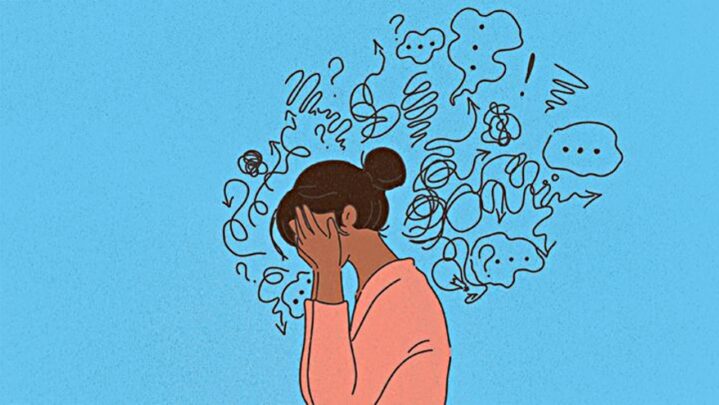At first, postpartum depression may be confused with baby blues, but the signs and symptoms are more powerful and stay longer, and they may eventually interfere with your ability to care for your infant and do other daily duties. Symptoms normally appear within the first few weeks after giving birth, but they might appear earlier in pregnancy or later, up to a year later.
Postpartum depression symptoms and indicators may include:
1) Depressed mood or severe mood swings
2) Excessive crying
3) Difficulty bonding with your baby
4) Withdrawing from family and friends
5) Loss of appetite or eating much more than usual
6) Inability to sleep (insomnia) or sleeping too much
7) Overwhelming fatigue or loss of energy
8) Reduced interest and enjoyment in activities you used to appreciate
9) Intense irritability and anger
10) Fear that you’re not a good mother
11) Hopelessness
12) Feelings of worthlessness, shame, guilt, or inadequacy
13) Diminished ability to think clearly, concentrate or make decisions
14) Restlessness
15) Severe anxiety and panic attacks
16) Thoughts of harming yourself or your baby
17) Recurrent thoughts of death or suicide
Causes
There is no single cause of postpartum depression, but physical and mental factors may play a role.
Physical alterations
A significant drop in hormone levels in your body after childbirth may result in postpartum depression. Other thyroid hormones may also fall substantially, leaving you tired, sluggish, and depressed.
Emotional problems
When you’re sleep-deprived and overwhelmed, you may struggle to deal with even simple issues. You could be concerned about your abilities to care for a newborn. You may feel less beautiful, question your identity, or believe you’ve lost control of your life. Postpartum depression can be caused by any of these factors.
Also Read: Liver Pain: Symptoms And Causes





